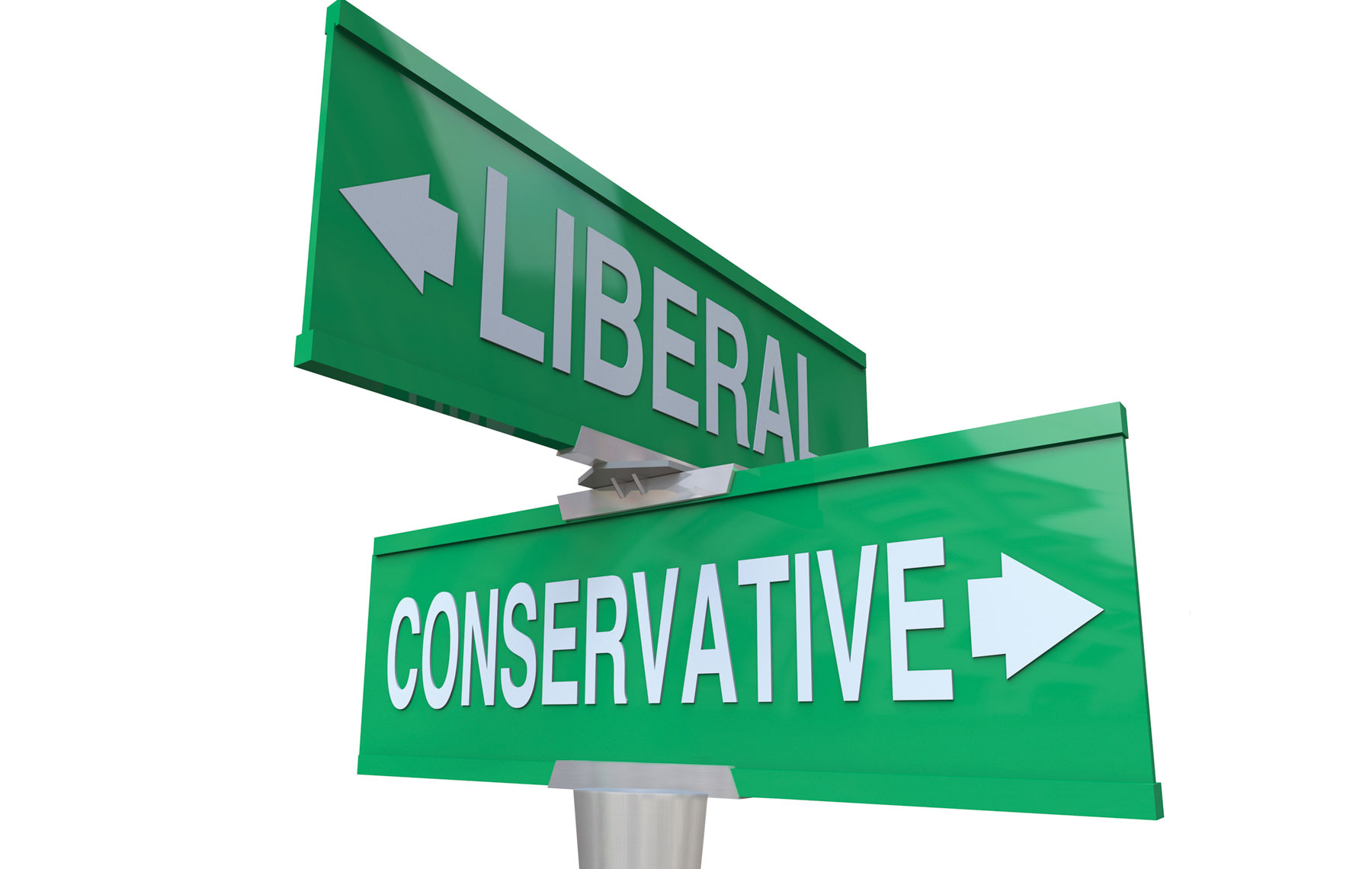
I have said some things on podcasts and on Twitter that have raised questions. I am hoping to answer those questions so people will understand the framework I am working from and why I have arrived at the perspective I have.
I hear many people talking as if the terms liberal, progressive and leftist refer to different factions, and that one might partner with one and reject another.
I have been on the left my entire adult life. I never have seen clean distinctions drawn between these things. There was a time when the term liberal had been so thoroughly demonized by those on the right that I remember consciously choosing to call myself a progressive in order to evade the stigma. But there was no change in my perspective that accompanied it.
There may be slight distinctions in how people use those terms, but in general, I think they are synonyms and should be treated as such.
I also have said I am a liberal who wishes to live in a world so good I could be a conservative. That may sound paradoxical at first, or strange. But I think it makes a great deal of sense because the core of liberalism is a desire for change. If one’s desire for change is an earnest desire to see things improve, then surely there is a state in which things have been improved to the point where you would hope to conserve a structure rather than alter it.
I also have said I am a liberal who wishes to live in a world so good I could be a conservative.
At that point, you become a conservative.
I don’t expect to reach that place in my lifetime, but if we did, the honest thing to do would be for me to shift positions and say, “This system is so functional that we would be foolish to change.”
The essence of liberalism is a desire for change. And change can be about a number of things. In general for those of us on the left, it comes from a recognition that the system, as we find it, is unfair to some people. To the extent it is unfair, and that the unfairness is distributed in some way that is predictable, that certain populations face obstacles that others don’t, we could correct that problem. And I believe we have a moral obligation to do so.
I also believe that we are on a trajectory, technologically and in the ways that the population of the planet is growing, that puts us in grave danger in the near term. Both of those things suggest a need for a comparatively radical degree of change.
Those on the right are correctly pointing out that there is other evidence that says our system as it exists is highly functional. Harvard psychology professor and author Steven Pinker famously points to a decrease in random violence and warfare. I believe he has a real point. But I don’t think it predicts where we will end up in the long term.
What it is the result of, effectively, is the fact we have created a kind of artificial growth that goes on decade after decade and gives people a lot to lose for engaging in random violence. But because it is predicated on the fiction it can go on forever, ultimately it is going to leave us holding the bag.
So, yes, I am a progressive, I’m a liberal, and I would like to see those of us on the left who have a rational perspective that is grounded in science and logic retake the left, take control of it from people who are using it as a weapon, and restore a rational dialogue of progressivism to the landscape.
I also believe that those on the right who are interested in seeing the best possible system and believe we are closer to it than I do should be rooting for a vibrant left because it is only the tension between these two entities that leaves us with reasonable governance.
In other words, liberals tend to be overly enthusiastic about the idea of change. They tend to not fully appreciate the unintended consequences of attempting to fix problems that are identified.
Conservatives tend to be very skeptical of change. When something could be improved, they often get in the way of those improvements because they fear the unintended consequence perhaps more than they should.
It is the tension between these two things, where liberals can fill in the blind spots of conservatives and conservatives can fill in the blind spots of liberals, that is the magic that makes our system function well.
It leaves us with change — enough to make things better over time — but not such wild enthusiasm for change that we take a good system and destroy it in the pursuit of a perfect one.
Bret Weinstein is an evolutionary biologist who spent most of his career at Evergreen State College in Washington state before resigning last year after a political dispute.






















 More news and opinions than at a Shabbat dinner, right in your inbox.
More news and opinions than at a Shabbat dinner, right in your inbox.